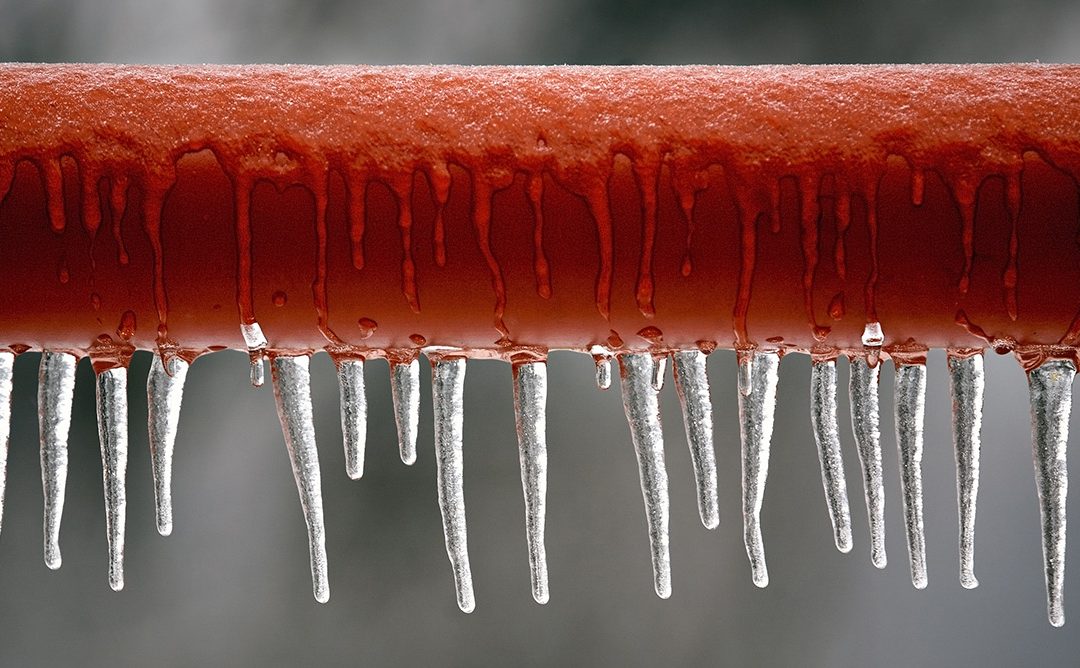Winter’s chill is upon us, and as temperatures drop, it’s crucial to ensure that your HVAC system is prepared to weather the storm. In this blog post, we’ll explore the impact of extreme cold weather and how winter affects your HVAC system, accompanied by key statistics and practical tips to keep your home comfortable and efficient in these cold months.
The Impact of Cold Weather on HVAC Efficiency:
The efficiency of HVAC systems can be significantly affected by cold weather. According to the U.S. Department of Energy, heating your home accounts for about 42% of your energy bill, and extreme cold can cause your system to work harder to maintain a comfortable temperature. This increased workload not only leads to higher energy consumption but also accelerates wear and tear on HVAC components.
Statistics reveal that a well-maintained HVAC system can operate up to 25% more efficiently than a neglected one. Regular maintenance, especially before the winter season, becomes paramount in optimizing efficiency and reducing energy costs.
Frozen Pipes: A Common Winter Challenge:
One of the most common issues homeowners face during winter is frozen pipes. The Insurance Institute for Business and Home Safety reports that a burst pipe can result in an average claim exceeding $5,000. When water freezes, it expands, putting immense pressure on pipes and increasing the risk of ruptures. To prevent this costly problem, consider insulating exposed pipes in unheated areas of your home. Additionally, allowing faucets to drip during extremely cold nights can help prevent freezing by maintaining water flow through the pipes. A lesser known tip is to open up you cabinets for part of the day as water pipes often run behind walls in cabinets and the extra space of the cabinets leaves the air cooler in those areas. Just a small increase of heat in those areas can prevent pipes from freezing or bursting.
HVAC Health and Indoor Air Quality:
Extreme winter weather doesn’t just affect the efficiency of your HVAC system; it can also impact your indoor air quality. With windows and doors sealed tightly to keep out the cold, pollutants and allergens can become trapped inside, leading to respiratory issues and discomfort. According to the Environmental Protection Agency (EPA), indoor air can be two to five times more polluted than outdoor air. Regular HVAC maintenance, including cleaning or replacing filters, can significantly contribute to better indoor air quality, reducing the concentration of airborne particles and improving the overall health of your home environment.
Preventive Measures for Winter HVAC Care:
- Scheduled Maintenance: Before winter’s peak, schedule a professional HVAC inspection. A well-maintained system is not only more energy-efficient but also less prone to breakdowns during extreme weather conditions.
- Air Filter Replacement: Regularly replace or clean your HVAC system’s air filters. Clogged filters restrict airflow, making your system work harder and consuming more energy.
- Programmable Thermostats: Consider installing a programmable thermostat to optimize temperature settings, reducing energy consumption when you’re away or asleep.
- Insulation and Sealing: Properly insulate your home and seal any gaps or leaks in doors and windows to maintain a comfortable indoor temperature and prevent your HVAC system from overworking.
As winter weather settles in, taking proactive measures to care for your HVAC system is essential. By understanding the impact of extreme conditions and implementing preventive strategies, you can not only maintain a cozy home but also save on energy costs and potential repair bills. Stay warm and comfortable throughout the winter season with these HVAC tips and statistics in mind. Contact us today to have your HVAC system professionally checked out for the winter.


